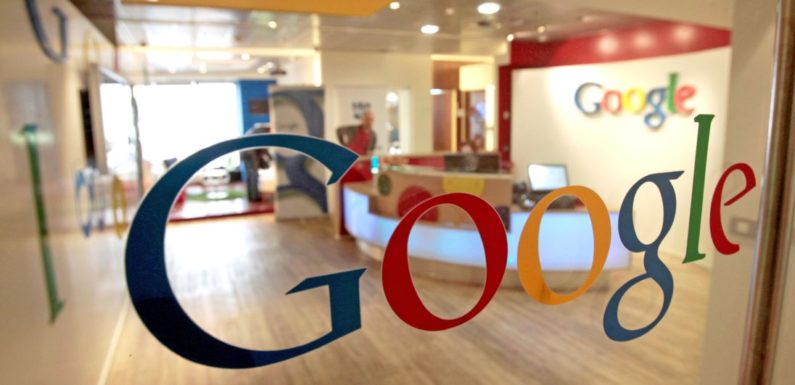
The internet, even the shallow parts of it, are like the Wild West. And Google is the only sheriff in town. Digital marketers scramble to keep up with Google’s periodic updates. The search engine giant constantly tweaks and prunes it’s policies in an effort to get closer to its ultimate goal. What is that ultimate goal? To show the right answers to the right query. A customer searching for Spectrum customer service number should get shown the number to dial and other relevant results. Relevance is key and there’s been a mad rush this decade to get to the top of the Google search results page or SERP. There’s been stiff competition when it comes to branded keywords and Google Ads campaigns. Google’s latest change to its trademark policy could is one of the most significant to date. Let’s see how.
Google’s Updated Trademark Policy and Apparent Consequences
Traditionally, your brand value is one of the most important assets you can have. This is true even on the internet. The recognition your brand, or your trademark, get remains constant whether it’s the internet or a megastore shelf. Your trademark is exclusively yours, or at least, it was until Google’s latest update to its policy in late 2018. Now advertisers can use a trademarked term in ad text if:
- They’re a reseller of,
- Sell compatible parts or components for,
- Provide information on,
the goods or services related to the trademarked term. What does this mean? We’re glad you asked. In our opinion Google’s latest trademark policy update may have the following consequences:
- Confused ownership
- Free use of Trademarked Names
- Brandjacking
- Higher CPC’s
Let’s take a closer look at these consequences and what they could spell out for your own business and ad campaigns.
Confused Ownership
Was the new trademark policy update an attempt to clarify potential trademark disputes? If so, this may not have been the best move. Instead of clarity, it becomes even more difficult to determine who has the final ownership of a product or service. Take a look at online ISP retailers. Under the new policy, a third party retailer can use a provider’s trademark to compete on branded keywords. The result? Absolute mayhem. A retailer could even outrank the original provider on Google, inviting even more spending on keyword bids.
Free use of Trademarked Names
The new policy allows a reseller to use any trademarked name freely in ad text. Of course, there are certain limitations. For one thing, the ad’s landing page must be selling the trademarked product or service. This is another case in point of the Wild West example. To return to our ISP retailer example, the retailer can potentially use any existing trademarked name or product in ad text. And this is not just limited to a retailer. Any third party website can potentially take advantage of this, including online magazines, websites or blogs.
Brandjacking
Brandjacking is the phenomenon where third parties have no restrictions when competing with a brand for the same traffic. What does this mean for brands? Lost revenue close to $2 billion, according to brand projection experts. Digital marketers routinely create a competitor’s ad campaigns. This involves using trademarked names at the keyword level. This has been common practice for many years. But allowing third parties the freedom to use a competing brands trademark in ad headlines or descriptions can be damaging. At least to the brand being jacked.
Higher CPC’s
What does this mean in terms of digital advertising budgets? Especially for brands with value to protect? A provider like Charter may not be able to outbid a third party retailer on terms like Spectrum internet offers. This is a branded keyword, and ideally, the brand should be able to protect its trademark on the ad level. But under the new policy, this has changed. Now brands need to spend more to outbid the competition on Google. At the same time, Google will award a higher Quality Score to the third party retailers on a lower bid. This makes the competition even stiffer. If you though bidding wars were expensive, brace yourself. Now ad agencies have good reason to demand higher budgets to deal with rising CPCs.

